
Currents
The human, nature connection and the impact of consumer choice
The human-nature connection recognizes that we are an integral part of the natural world, and that our actions directly affect the environment. The organic movement highlights the importance of nurturing this relationship by encouraging us to make choices that reduce our environmental impact and foster harmony with nature. This includes opting for organic products, which are cultivated and processed more naturally, in ways that promote biodiversity, global social equity, and the overall health of the planet. By embracing organic practices, we can contribute to a more sustainable and balanced coexistence between humans and the environment.
Content

Reducing Environmental Impact through Innovation
Discover the potentially transformative role of AI in the textile industry. From supply chains to design, explore how innovation reduces environmental impact, perhaps shaping a greener future.
Reducing Environmental Impact through Innovation
Discover the potentially transformative role of AI in the textile industry. From supply chains to design, explore how innovation reduces environmental impact, perhaps shaping a greener future.
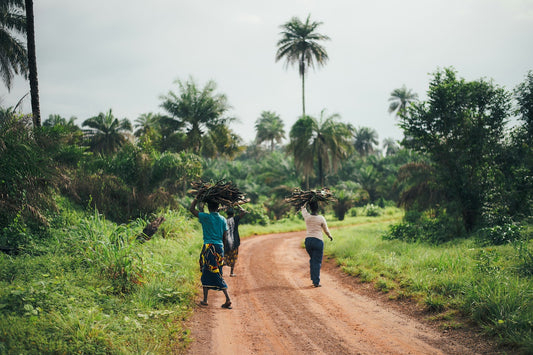
GOTS Certification: A Holistic Approach to Sust...
Discover how the Global Organic Textile Standard (GOTS) goes beyond organic, aligning with and contributing to each of the United Nations' Sustainable Development Goals (SDGs) for holistic global sustainability.
GOTS Certification: A Holistic Approach to Sust...
Discover how the Global Organic Textile Standard (GOTS) goes beyond organic, aligning with and contributing to each of the United Nations' Sustainable Development Goals (SDGs) for holistic global sustainability.

Healthy Indoor Environments
In today's world, where indoor air quality and sustainability are paramount, the choice of interior products can significantly impact the environments we live and work in.
Healthy Indoor Environments
In today's world, where indoor air quality and sustainability are paramount, the choice of interior products can significantly impact the environments we live and work in.

The Importance of Biodiversity
By promoting biodiversity, organic standards help to ensure the long-term health and sustainability of the environment and support the continuation of critical ecosystem services.
The Importance of Biodiversity
By promoting biodiversity, organic standards help to ensure the long-term health and sustainability of the environment and support the continuation of critical ecosystem services.
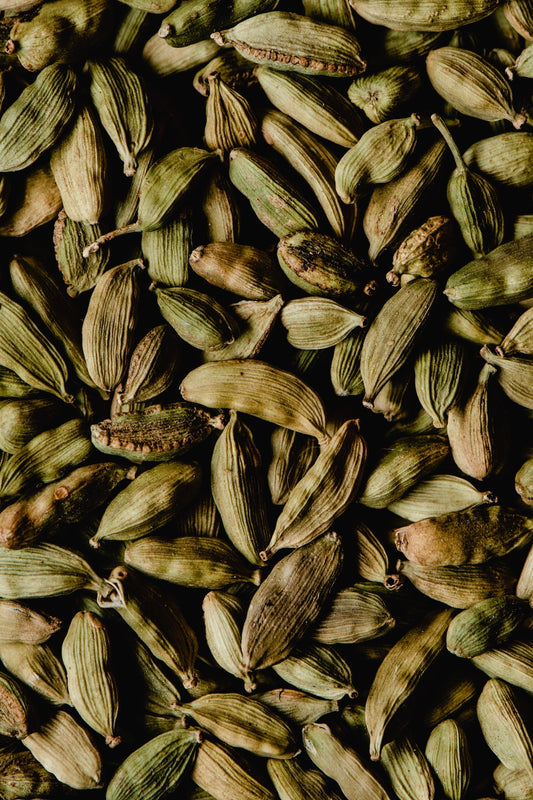
Saving for Future Generations
Seed saving preserves genetic diversity and maintains the health and resilience of crops over time.
Saving for Future Generations
Seed saving preserves genetic diversity and maintains the health and resilience of crops over time.
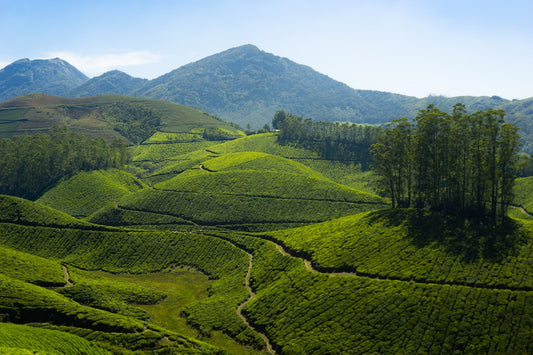
Meaningful Organic Farming Practices
By promoting sustainable and regenerative practices, organic farming improves the overall health of our planet and its inhabitants, promoting a healthy and thriving future.
Meaningful Organic Farming Practices
By promoting sustainable and regenerative practices, organic farming improves the overall health of our planet and its inhabitants, promoting a healthy and thriving future.
Organic Standards: Promoting Sustainability, Positive Ecological Impact and Social Responsibility
The Global Organic Textile Standard (GOTS) and certified organic latex standards promote ecology and social responsibility in the textile and latex industries through strict environmental and labor standards. Choosing products that meet these standards supports a more sustainable and responsible future.
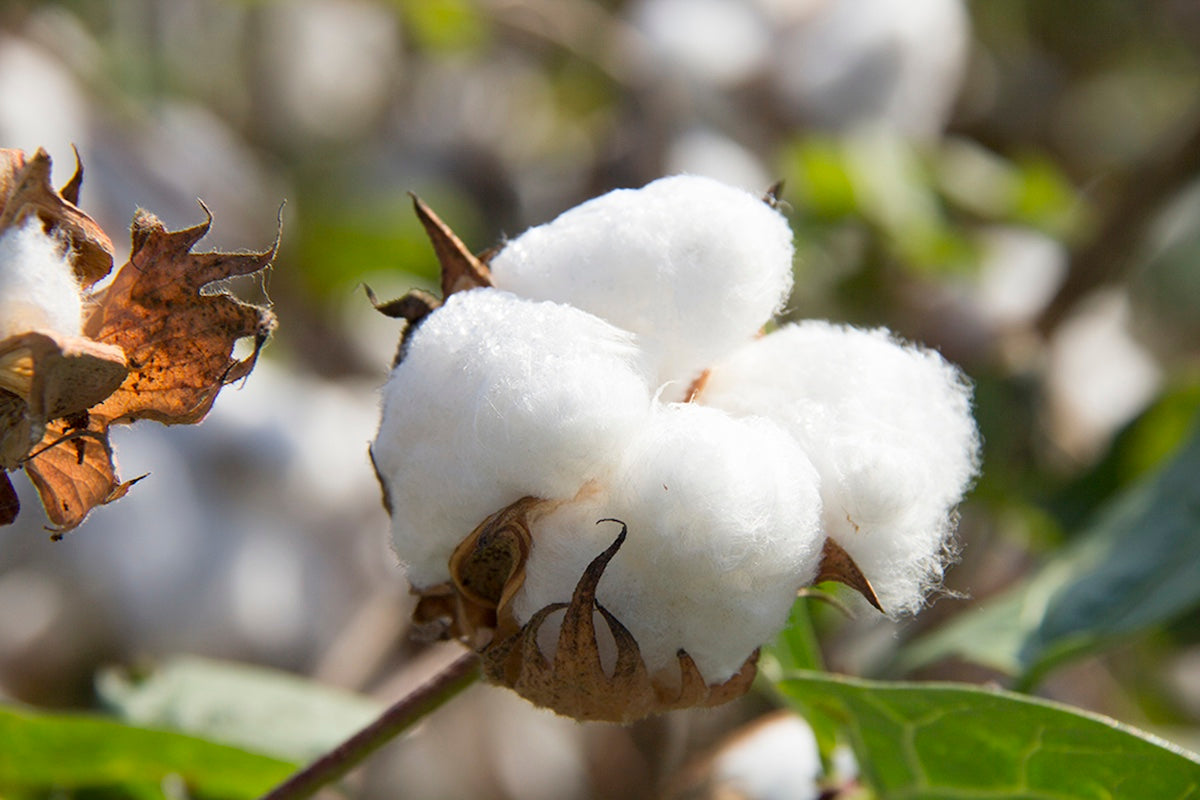
Global Organic Textile Standard
The Global Organic Textile Standard (GOTS) promotes ecology and social responsibility in the production of organic fibers and textiles by setting environmental and labor standards that must be met along the entire supply chain. This includes stringent requirements to restrict certain chemicals, preservation of biodiversity, and fair treatment of workers. The GOTS certification ensures that consumers can purchase organic textiles with confidence that they have been produced in a sustainable and responsible manner.
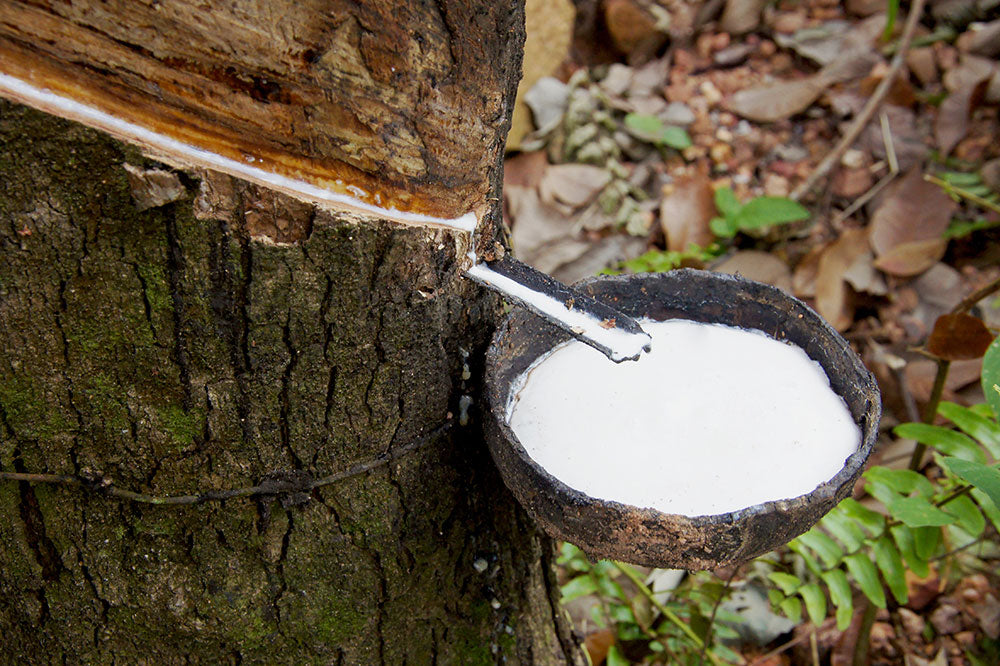
Certified Organic Latex Standards
Certified organic latex standards promote ecology and social responsibility in the production of organic latex by setting strict guidelines for the organic certification of latex products. These guidelines include requirements for sustainable and responsible farming practices, fair labor conditions, and reduced environmental impact.

